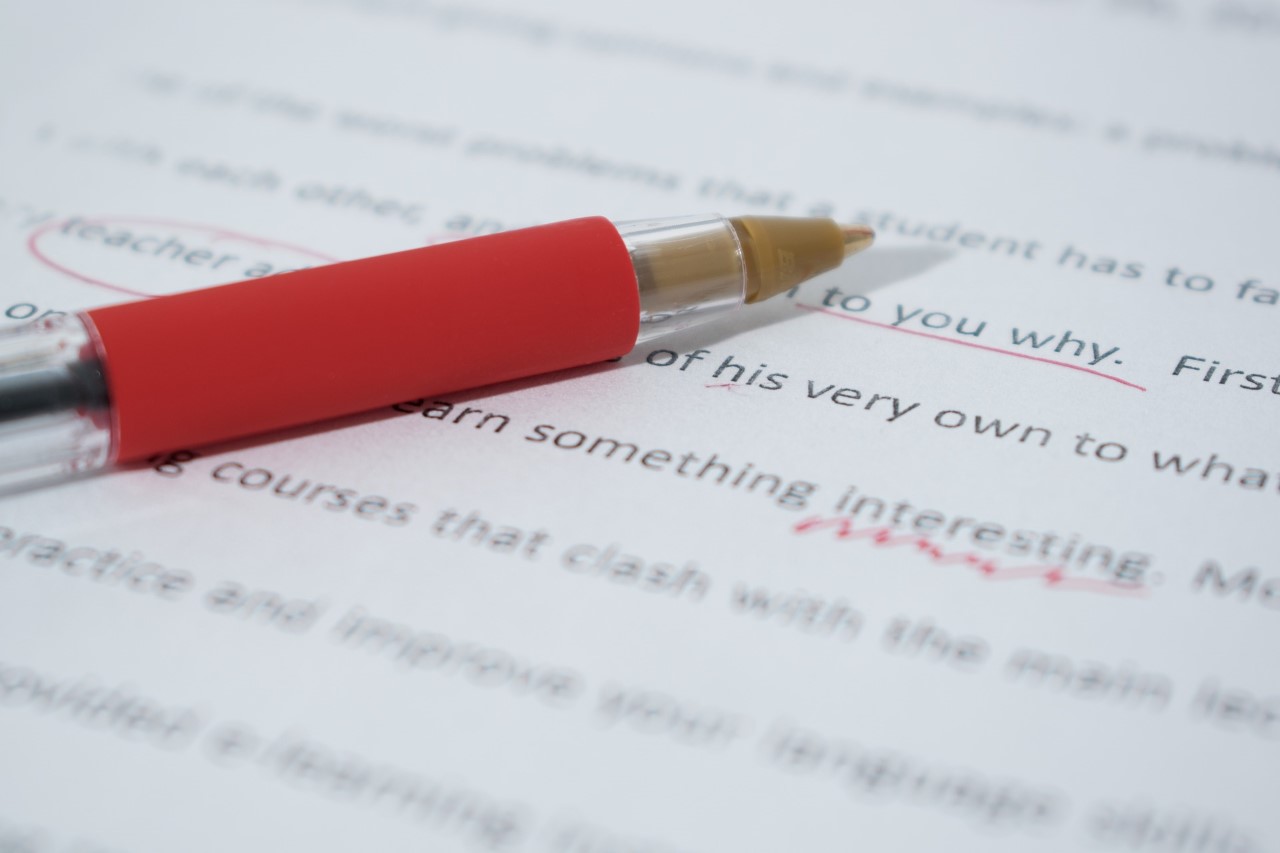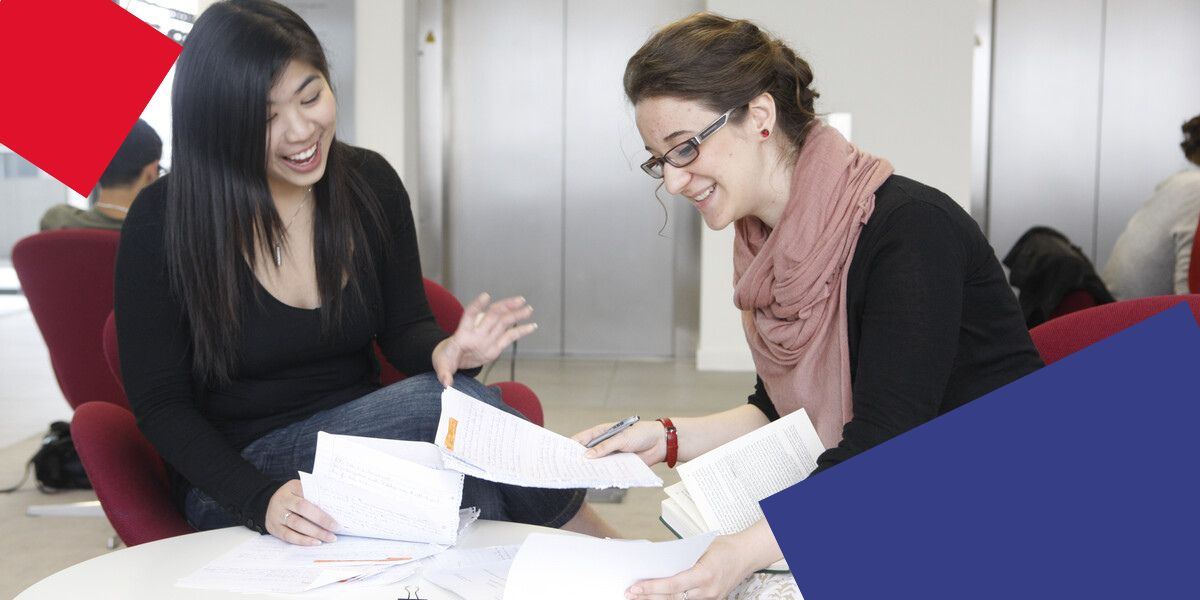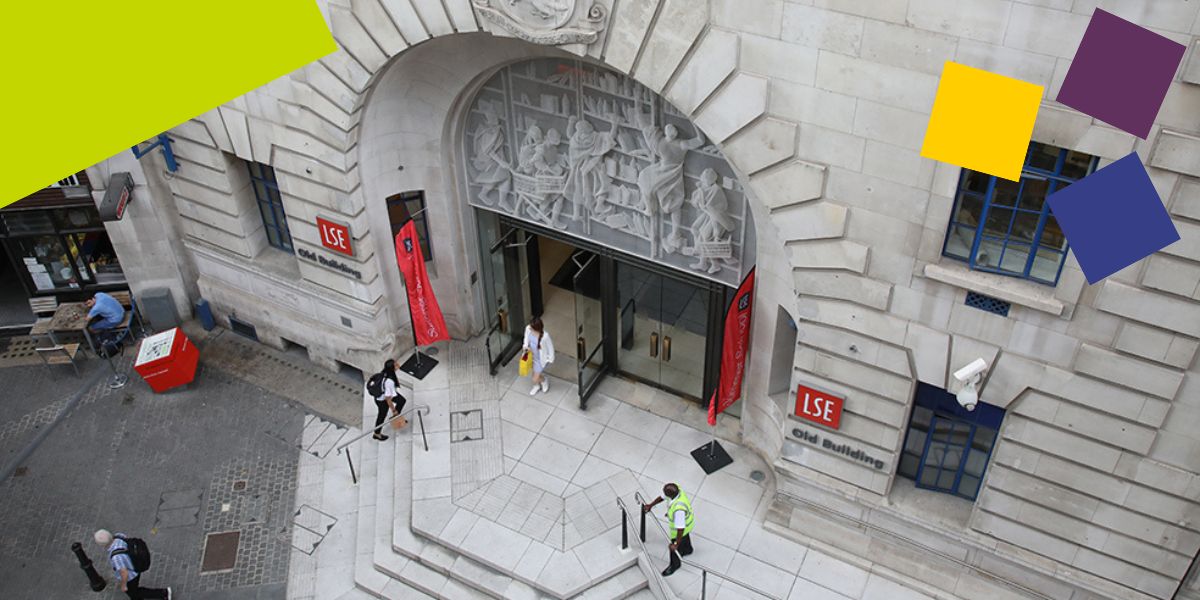I’ll be honest, I found the prospect of writing a research proposal a little daunting at first. It’s not that I didn’t have ideas about the kind of research I wanted to do, more that I had so many of them, I didn’t know where to start.
While it’s important to note that what worked for me might not work for you (unfortunately, a “one size fits all” approach doesn’t quite track when it comes to PhD applications), here are a few tips and tricks I picked up that helped me make sense of what I needed to do.
Tell your story
Now, this isn’t an opportunity to tell your prospective department every late-night thought you’ve ever had about your subject. Nor is it the place to detail every event in your life that has led you to apply for a PhD. Instead, it’s an opportunity to contextualise your research, explain your experiences and detail your interests in a way that brings all of these things together. An old teacher of mine told me that at its crux, a research proposal is only as good as the story it tells. Think about your narrative and share it in a way that centres the kind of work you want to do.
Keep it focused
While telling your story is important, you also need to remember the specific purpose of a research proposal. You’ll have plenty of time to talk about your wider interests in your statement of intent, this part of the application is about explaining the research you intend to undertake as a PhD student. What sources will you look at? What are your intended research questions? What does the existing literature on your topic say, and how will your work contribute something original?
Be clear, succinct, and as focused as possible. Just like anyone else, the academics responsible for reading your application will be grateful to those that make it easy for them.
Talk it through
So, what did I actually do to help me nail my story and keep my focus? I talked…a lot. Academia is often thought of as a solo pursuit – and while it’s true that you’re the only person responsible for hitting “send” on that application – there’s a great deal to be said for sharing your thoughts with others before you do so. I spoke to my undergraduate peers, reached out to academics that had taught me in the past and even picked the brains of friends studying different subjects to help me get a different perspective. The more you talk about your research, the more confident you’ll be in its value.
Read, read and read some more
This one might sound obvious, but there’s no overstating the importance of reading up on your subject. Books, journals, blog posts, website articles – while preparing my research proposal, I read everything I could get my hands on. In gaining a better understanding of my research topic, I was able to see gaps in the literature more clearly and begin to figure out where my work stood in relation to what was already out there.
Reach out to people who have been where you are
Most people will have already spoken to their intended supervisor before they start their PhD application. If your programme doesn’t require this, it’s still worth having a look at the academics working in your chosen department and reaching out to discuss your research. No one will have a better insight on applying for a PhD on your subject than the academics who are already succeeding in your chosen field.
It’s not just professors that are worth reaching out to either, current PhD students can offer a wealth of knowledge on what it takes to write a good proposal. LinkedIn is a great place to get in touch with current researchers, or you can often find their details on your prospective department’s website.
No matter how you approach the research proposal exercise, providing you stay focused, break it down into manageable chunks and – forgive the pun – do your research, the process can be incredibly rewarding.





